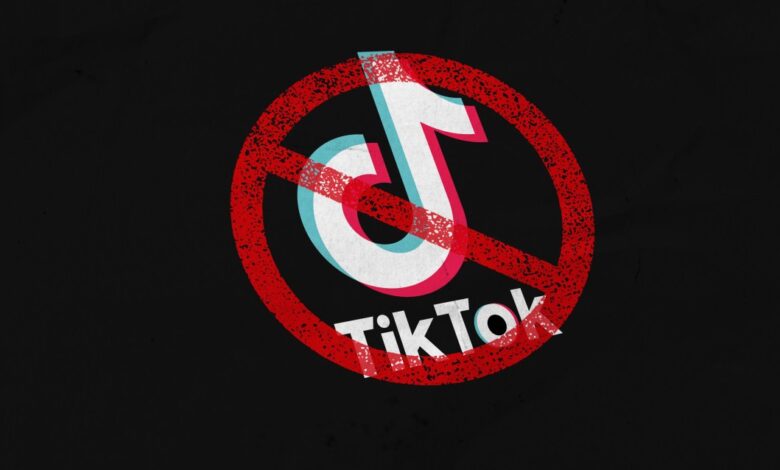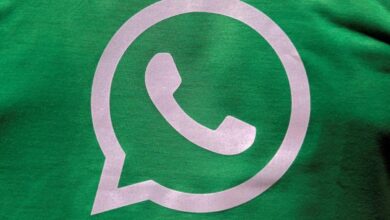TikTok Faces Renewed Threat of U.S. Ban as Congress Advances Bill to Force Sale Amid Security Concerns

In a surprising turn of events, TikTok is once again under the scrutiny of the U.S. government as the House Energy and Commerce Committee introduces a new bill aimed at pressuring its Chinese owner, ByteDance, to sell the popular social media platform. The legislation, known as the Protecting Americans from Foreign Adversary Controlled Applications Act, would make it illegal for software with ties to U.S. adversaries, including ByteDance in China, to be distributed within the country.
The bill, which some describe as a potential ban, has swiftly passed through the House Energy and Commerce Committee with a unanimous 50-0 vote. This legislative move raises concerns about TikTok’s fate in the U.S. and its ability to continue operating if the bill becomes law. The proposed legislation demands ByteDance to sell TikTok within six months for the app to avoid legal repercussions.
TikTok, based in Los Angeles and Singapore, has faced persistent concerns about its Chinese ownership, with U.S. officials warning that the app could be exploited to advance the interests of an adversary. The bill reflects an ongoing effort to address these security concerns, although there is currently no public evidence of China compromising TikTok’s user data.
TikTok responded to the legislative push by engaging its massive user base, urging them to voice their concerns to Congress. The company’s proactive approach underscores the potential impact of the bill on its 170 million U.S. users and the broader implications for businesses, artists, and creators who rely on the platform.
President Biden has expressed readiness to sign the bill if it reaches his desk, emphasizing the administration’s alignment with the concerns raised by the legislation. However, the fate of the bill in the Senate remains uncertain, adding complexity to the ongoing saga surrounding TikTok’s presence in the United States.
As the legislative process unfolds, TikTok’s cultural significance and its influence on a vast portion of the American electorate could play a crucial role in shaping the outcome. The clash between national security considerations and the app’s immense popularity sets the stage for a contentious battle in Congress, the courts, and the court of public opinion.




